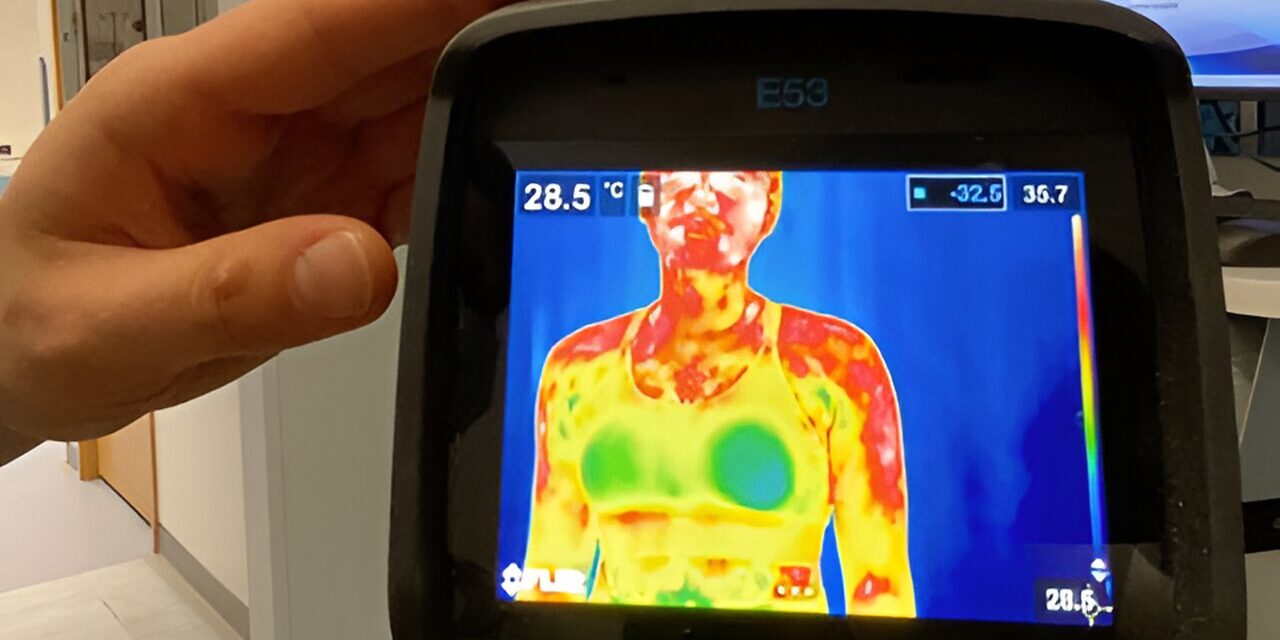NEW DELHI, April 16, 2025 – Health experts across India are sounding the alarm over disturbingly low participation in breast cancer screening programs, revealing that a mere 1.3% of women aged 45 and above are undergoing recommended tests. This stark figure highlights a significant public health challenge and has spurred urgent calls for comprehensive policy reforms, increased public awareness, and substantial improvements in healthcare infrastructure.
The current screening rate in India lags dramatically behind international benchmarks. In stark contrast to countries like the United States and parts of Europe, where screening uptake often exceeds 80%, India’s participation rate is notably lower, even trailing behind some nations in Africa. Experts point to a confluence of factors contributing to this critical situation, including pervasive social stigma surrounding cancer, a widespread lack of awareness about the importance and methods of screening, and significant challenges in accessing diagnostic facilities, particularly in rural areas.
To combat this, health leaders are advocating for a multi-pronged approach. Key recommendations include the deployment of mobile screening units to reach underserved populations, the implementation of government-supported free screening programs to remove financial barriers, and the launch of robust educational initiatives aimed at dispelling myths and informing women about the life-saving potential of early detection.
Experts emphasize that immediate action, particularly at the grassroots level, is essential. Increasing screening rates is crucial for detecting breast cancer in its earlier, more treatable stages, which significantly improves patient survival rates and reduces the burden of late-stage diagnoses on individuals, families, and the healthcare system. The push is on to transform the landscape of breast cancer care in India, making early detection a national priority.
Disclaimer: This news article is based on the provided information concerning breast cancer screening rates and expert recommendations in India as of the date published. It is intended for informational purposes only and should not be considered medical advice. Individuals should consult with qualified healthcare professionals for personal health concerns and screening decisions.












